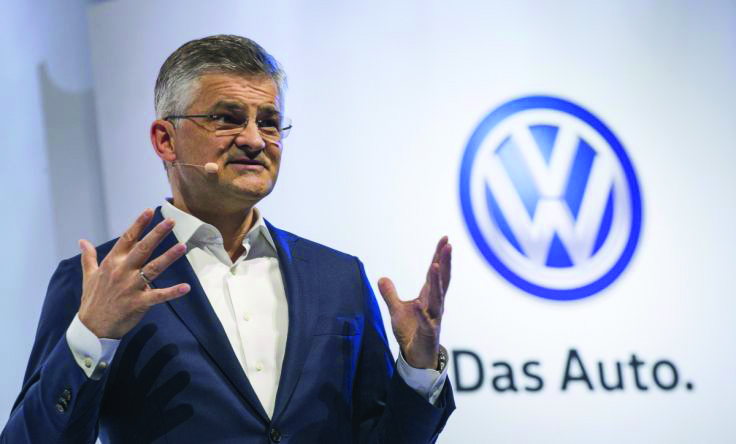Volkswagen came under fire by the U.S. Environmental Protection Agency (EPA) last week following allegations of cheating and deceit. In a statement released on Sept. 18, the EPA stated that the German automobile company misled environmental regulators about its car emissions. Special software, colloquially known as the defeat devices, reported incorrect emissions data during testing. Consequently, thousands of underperforming and environmentally unsuitable Volkswagen cars had found their way on to the roads.
The EPA began looking into Volkswagen cars after researchers at West Virginia University, in collaboration with the International Council on Clean Transportation, noticed irregularities in the emission levels of the cars. The numbers researchers observed in their tests did not match the ones provided by Volkswagen. They notified the EPA, which after further investigations, demanded an explanation from the company. Volkswagen subsequently admitted to installing the defeat devices in their cars—enabling the vehicles to pass standard emissions tests. The EPA consequently issued a notice of violation (NOV) of the Clean Air Act (CAA) to Volkswagen.
“A sophisticated software algorithm on certain Volkswagen vehicles detects when the car is undergoing official emissions testing, and turns full emissions controls on only during the test,” announced the EPA in a press release.
The algorithm is embedded in the software code that runs the engine control computer. It senses whether the vehicle is being tested or not based on inputs such as the position of the steering wheel, vehicle speed, the duration of the engine’s operation, and barometric pressure. When it thinks that the vehicle is undergoing tests, the software sets the emissions’ control to full power. When the car is returned to normal driving conditions, however, the pollution emissions control devices installed in the car stop working. Disabling these control devices results in the car emitting nitrogen oxides in quantities up to 40 times the permitted standard.
Affected Models
Jetta (2009-2015)
Jetta Sportwagen (2009-2014)
Beetle (2012-2015)
Beetle Convertible (2012-2015)
Audi A3 (2010 – 2015)
Golf (2010-2015)
Golf Sportwagen (2015)
Passat (2012-2015)
According to Volkswagen, this device could have potentially helped some 11 million cars undeservingly pass environmental regulation tests worldwide.
This scandal may be one of the biggest ever related to the automobile industry. As news of the deception broke on Friday, Volkswagen’s stock plummeted by 20 per cent, costing its investors and shareholders billions of dollars. In response, Volkswagen allocated 7 billion dollars to cover the necessary service measures and other efforts to win back the trust of its customers. In addition, the EPA could fine Volkswagen up to $37,500 for each affected vehicle—a total of $18 billion in the U.S. alone. Volkswagen may even be forced to recall or reimburse the owners the full price of their vehicles.
These events could have a significant impact on Germany’s economy. The auto industry is central to the country’s status as a manufacturing powerhouse and a scandal this size is bound to cause problems. The auto industry accounts for 20 per cent of the total German industry revenue and employs 775,000 people; however, estimating the amount of damage this scandal will inflict is difficult.
With the emergence of a new breed of high-quality electric cars from companies like Tesla, old companies like Volkswagen that still rely on diesel cars for a big proportion of their business will be put to the test. There is no technology that can allow diesel cars to compete with the environmental friendliness of electric or hybrid cars. According to the Union of Concerned Scientists, a non-profit science advocacy organization, 60 percent of Americans now live in regions where electric vehicles (EVs) produce fewer heat-trapping nitrogen oxide emissions per mile than the most efficient hybrids. If other automakers follow this trajectory, diesel car manufacturing may soon become a shadow of what it once was.









